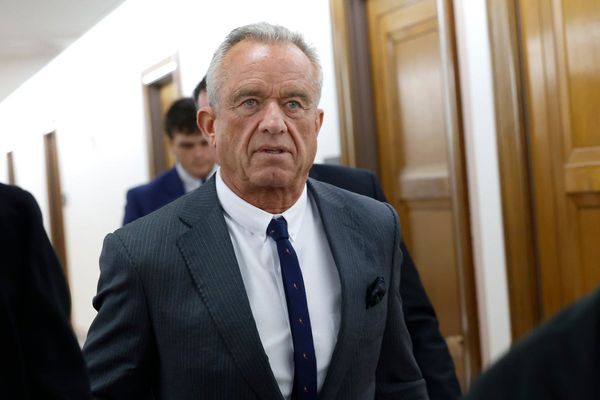Coinbase (COIN) , the prominent platform for buying and selling bitcoin and other digital currencies, is discovering the flip side of popularity.
After having made a sensational entry into the homes of households following its big publicity effort during the Super Bowl, the company finds itself in a delicate position with little wiggle room.
The U.S., the European Union, the U.K. and their allies have imposed financial and economic sanctions on Russia, President Vladimir Putin and the oligarchs close to him because of the Russian invasion of Ukraine .
Faced with this financial strangulation, many experts say, the ultra-rich Russians and their families will transfer their assets to crypto to circumvent the sanctions.
That's because the restrictions do not affect digital currencies, which are in essence beyond the reach of the authorities until and unless they are converted to dollars or other main fiat currencies.
After plunging in the early hours of Russia's invasion of Ukraine, cryptocurrency prices have rebounded somewhat.
Bitcoin, the largest cryptocurrency by market value, was recently trading around $41,281, according to CoinGecko. Prices had fallen to around $35,000 during the first Russian strikes on Ukraine.
No surprise, then, that calls on crypto exchanges to block the accounts of Russian users have multiplied. They came from the Ukrainian authorities and from politicians like former Secretary of State Hillary Clinton, as Rob Lenihan from TheStreet wrote.
Oligarchs Not a 'High Risk'
"I'm asking all major crypto exchanges to block addresses of Russian users," Mykhailo Fedorov, Ukraine's vice prime minister, posted on Twitter on Feb. 27. "It's crucial to freeze not only the addresses linked to Russian and Belarusian politicians, but also to sabotage ordinary users."
But so far crypto exchanges are largely resisting, breaking with the traditional finance that they intend to disrupt, or even replace. They've responded in part, donating large sums to Ukrainians, but the pressure on them has not eased.
In an attempt to contain the discontent, Coinbase Chief Executive Brian Armstrong, now seen as the face of the crypto exchanges, is stepping up to defend the position of his platform and reiterate what his peers have been saying for a few days.
"We don't think there's a high risk of Russian oligarchs using crypto to avoid sanctions," Armstrong posted on his Twitter account. "Because it is an open ledger, trying to sneak lots of money through crypto would be more traceable than using U.S. dollars cash, art, gold, or other assets."
Coinbase Will Follow the Law
He then unfolded the arguments of the players in the crypto sphere, who say that excluding someone from the space goes against the crypto spirit. This approach advocates inclusion and rejects any discrimination linked to social origin, gender, sexuality or nationality.
"We are not preemptively banning all Russians from using Coinbase. We believe everyone deserves access to basic financial services unless the law says otherwise," Armstrong tweeted.
While making clear that cryptocurrency has arguably become the go-to for many ordinary Russians as the ruble has collapsed, Armstrong nonetheless reaches out to the authorities.
"If the US government decides to impose a ban, we will of course follow those laws," Armstrong said.
But he warned: "Sanctions are a complex issue, and the situation is changing fast, so we'll keep working with law enforcement and governments, and will take more steps as needed."
"We'll also of course keep working to enable crypto services for the people of Ukraine who are in need of help."
Coinbase is the only publicly traded US cryptocurrency exchange. In recent trading the stock was 3.6% lower at $171.64.







